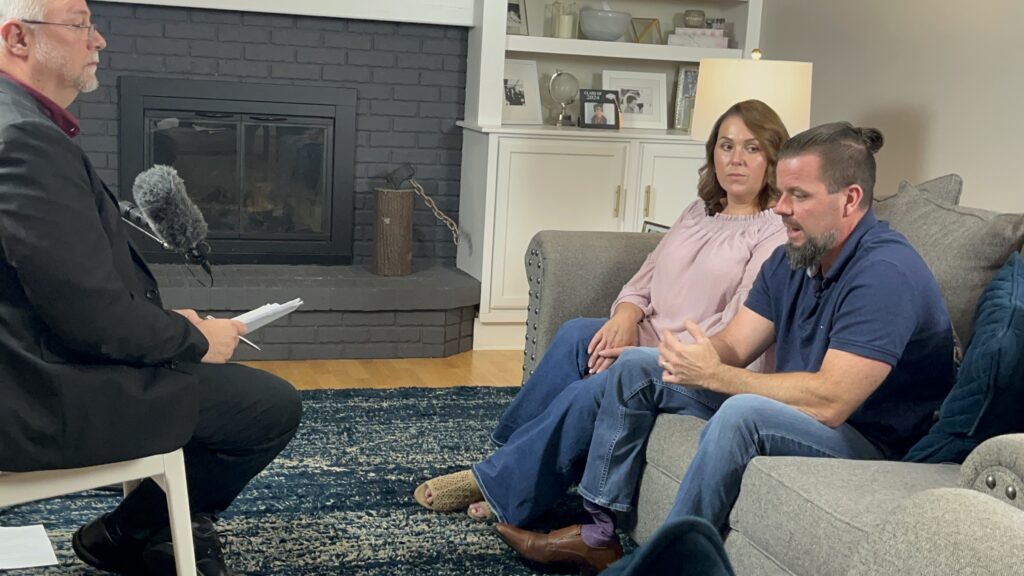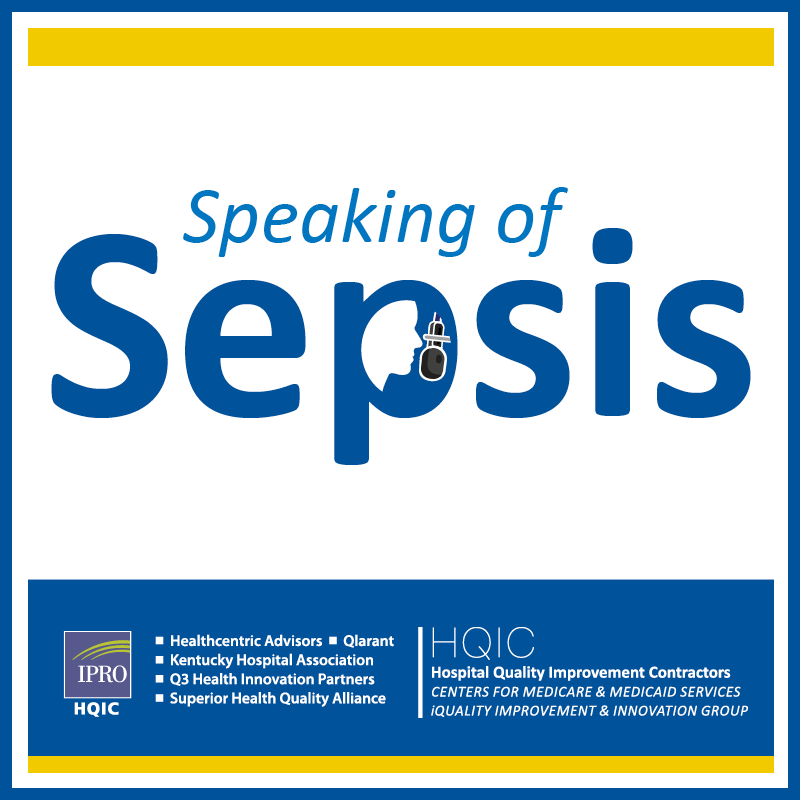
Sepsis is the body’s extreme response to an infection. It is a life-threatening medical emergency. According to the Centers for Disease Control and Prevention, at least 1.7 million adults in America develop sepsis each year. Nearly 270,000 Americans die as a result of sepsis.
That’s why the IPRO QIN-QIO is reinforcing its #STOPSepsisNow campaign – an initiative to increase prevention and earlier identification of sepsis in the community for the general public and direct care staff across the continuum of care. Leveraging our Sepsis Train-the-Trainer Program, this campaign provides turn key ready vital tools and resources to train all levels of staff within healthcare organizations, patients, residents, and families within your community:
- Educational materials in English and Spanish
- Clinical reference guides for early sepsis recognition
- An overview of evidence-based sepsis protocols and best practices
- Comprehensive sepsis training for clinical and non-clinical direct care staff
- Specialized resources for community-based healthcare organizations
- Infection prevention and control best practices

NEW! Watch Our Surviving Sepsis Series Video Podcast
At 33 years old, Josh Woodward had it all: a career he loved as a firefighter in Albany, NY, a happy marriage to his wife, Chelsea, two beautiful young children and a new puppy. But everything changed very quickly when Josh developed sepsis, ultimately losing both his arm and leg. In this series of candid interviews, Josh and Chelsea share their harrowing journey and reflect on how their lives have changed, the lessons they learned about resilience, and their family’s new normal.

Sepsis Training Tools and Resources
Patient-Facing Resources: English
- Sepsis Brochure: Every Minute Counts! Tri-Fold Brochure
- Self-Management Zone Tool
- Sepsis and Antibiotics: What You Need to Know Tri-Fold Brochure
Patient-Facing Resources: Spanish
Quick References for Staff: All Care Settings
- Rapid Assessment for Early Recognition of Sepsis: Quick Reference Guide
- An Overview of HQIC Sepsis Resources Presentation
Sepsis Action Plan and Change in Condition Notification
Provider Training Materials: All Care Settings
- Training Flyer
- Instructions for Training
- Training Sign-In Sheet
- Training Evaluation
- Pre & Post Learning Assessment – Clinical
- Pre & Post Learning Assessment – Non-Clinical
- Sepsis Awareness Post-Test – Long Term Care Setting
- Sepsis Awareness Post-Test Answer Key – Long Term Care Setting
- NEW! AHRQ’s Portrait of Sepsis Reveals its Alarming Human Toll
Nursing Home Training Materials
- Skilled Nursing Facility Care Pathway
- Seeing Sepsis Cards for LTC – Minnesota Hospital Association
- Sepsis Clinical Staff Training Presentation
- Sepsis Non-Clinical Staff Training Presentation
- Sepsis Care Pathway
Infection Prevention and Control
Listen in to Our Speaking of Sepsis Podcast
A production of the IPRO Hospital Quality Improvement Contractor (HQIC)
Speaking of Sepsis highlights stories of hospitals and healthcare workers innovating and improving sepsis care through clinical and operational implementation of best practices and multidisciplinary collaboration. Each episode features a healthcare professional who shares the struggles and successes of sepsis improvement work. Listen to learn their best practices to improve the care of sepsis patients and reduce sepsis mortality.

